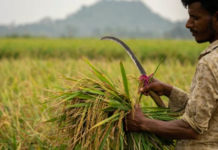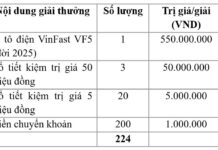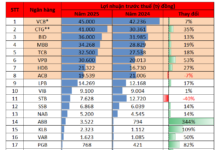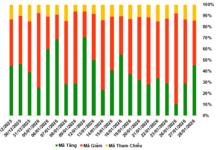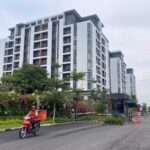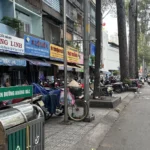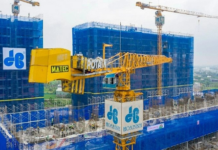The Ministry of Construction is seeking feedback on its draft Law on Construction, which includes proposals related to design, project management approaches, investment costs, and provisions for construction permits.
Regarding construction permits, the Ministry proposes a one-time control principle, suggesting that from the preparation stage to the commencement of construction, the managing authority will only intervene once.
Consequently, for projects subject to assessment by construction specialists, a construction permit will not be required. These include public investment projects, PPP projects, large-scale business investment projects, or structures that significantly impact community safety and interests.
For the remaining structures, the state construction management agency will oversee them through the construction permit issuance process.
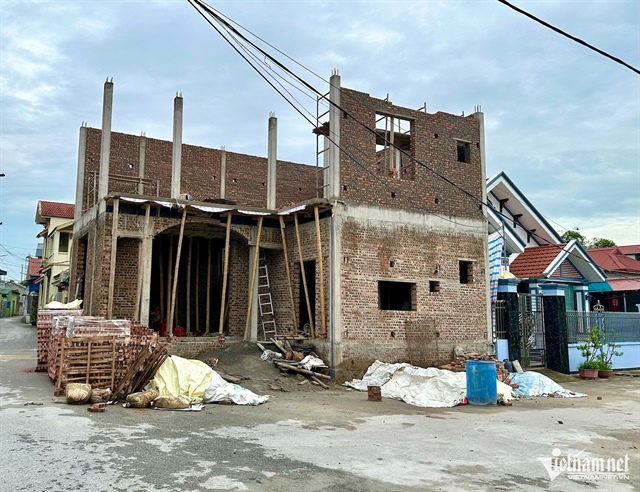
Ministry of Construction proposes revisions to construction permit regulations. Photo: Hong Khanh |
Additionally, the Ministry aims to simplify the conditions, procedures, and processes for granting permits. This includes implementing fully online procedures for all relevant structures, streamlining documentation requirements, and ensuring alignment with urban and rural planning and land-use purposes.
Simultaneously, the proposal emphasizes enhancing the responsibility of design consulting firms in ensuring the safety of structures. The permitting authority will primarily inspect the results of the consultants’ work.
Notably, the Ministry suggests minimizing the time required for permit issuance, aiming for a maximum of seven days. Specific provisions will be detailed in the implementing Decree.
Conditions for Granting Construction Permits
According to the draft, there are three types of construction permits: new construction permits, repair/renovation/relocation permits, and temporary construction permits.
The draft stipulates that before commencing any construction, investors must obtain a permit, except in specific cases such as state secrets, emergency construction, special public investment projects, special investment procedure projects, and temporary constructions as defined by law…
Regarding the conditions for granting permits, the draft states that projects and designs must conform to approved urban and rural planning or sector-specific technical planning.
Moreover, they should align with approved urban and rural plans or technical sector-specific plans and comply with land-use functions as per land laws.
Additionally, designs must ensure the safety of the structure and neighboring buildings and fully meet environmental protection and fire prevention and control requirements.
Details of the Draft Law on Construction:
Hong Khanh
– 06:28 31/08/2025
“Can a 20 Million VND Income Grant You Social Housing? Understanding the Requirements”
The Ministry of Construction has proposed an increase in the income limit for individuals eligible to purchase social housing. The new proposal suggests a maximum monthly income of 20 million VND, a significant jump from the current limit of 15 million VND. This move aims to extend the benefits of social housing to a wider range of low- and middle-income earners, providing them with access to affordable and secure housing options.
The Master Planner: Mr. Nguyen Thanh Nghi Leads the Central Policy and Strategy Unit
“In a strategic move, the Permanent Deputy Secretary of the Ho Chi Minh City Party Committee, Nguyen Thanh Nghi, has been appointed by the Politburo to take on a new role as the Head of the Central Committee for Policies and Strategies. This pivotal role will undoubtedly shape the future of the city and the nation.”
The Ultimate Guide to Permits: Navigating the Construction Conundrum in Hanoi
“It is imperative that citizens obtain a building permit prior to commencing any construction on land acquired through auction. This crucial step ensures compliance with regulations and helps maintain the integrity of the building process, safeguarding the interests of all involved parties.”



